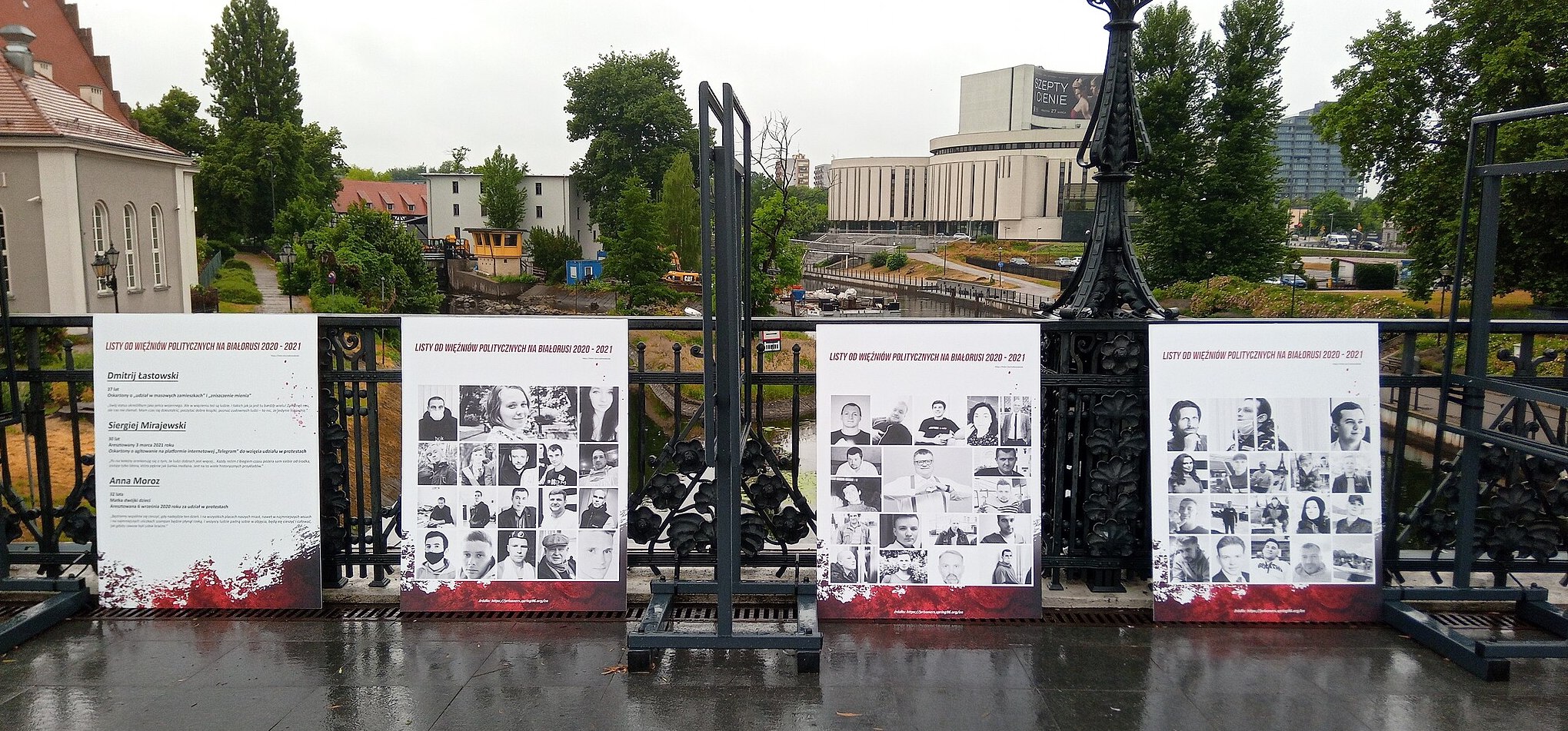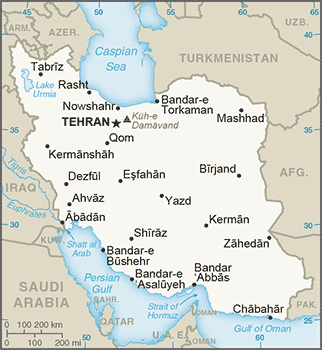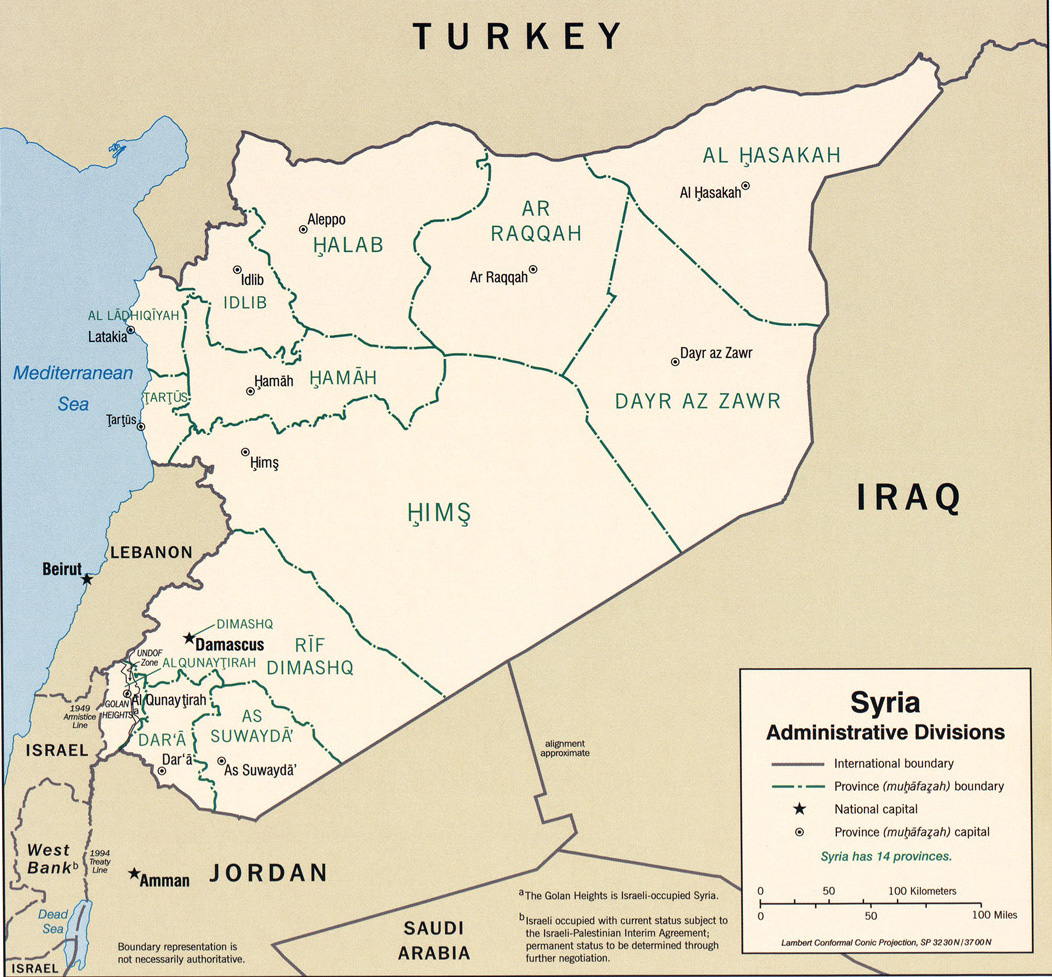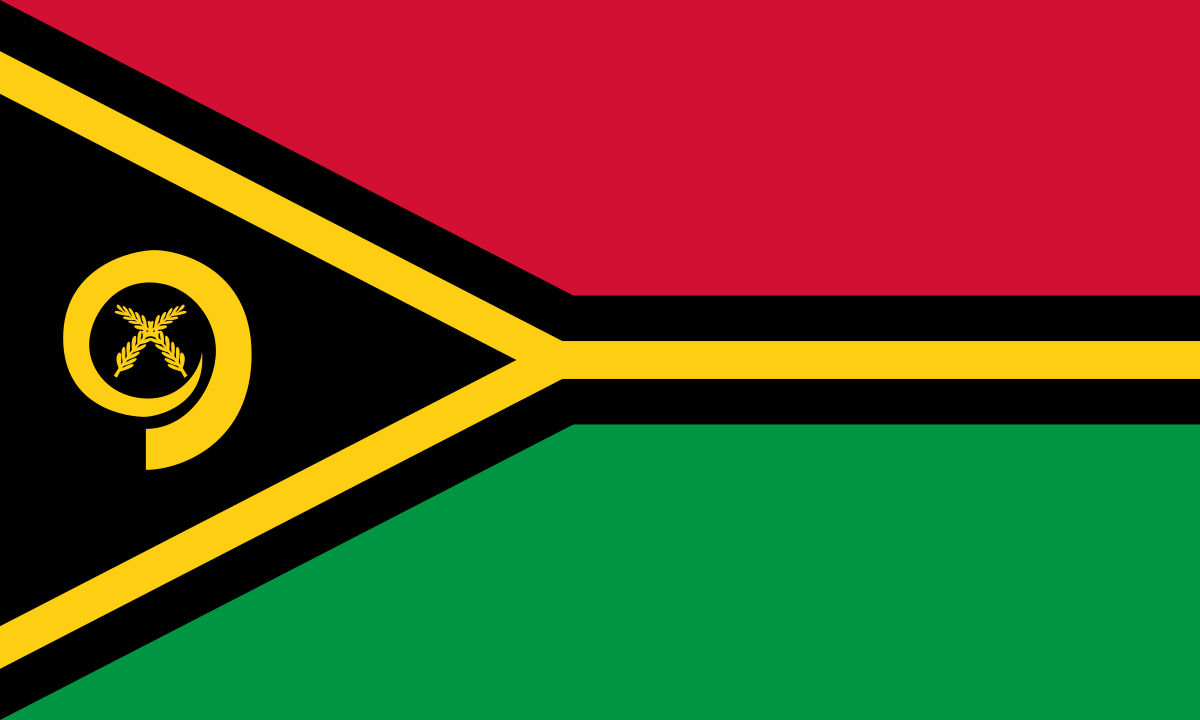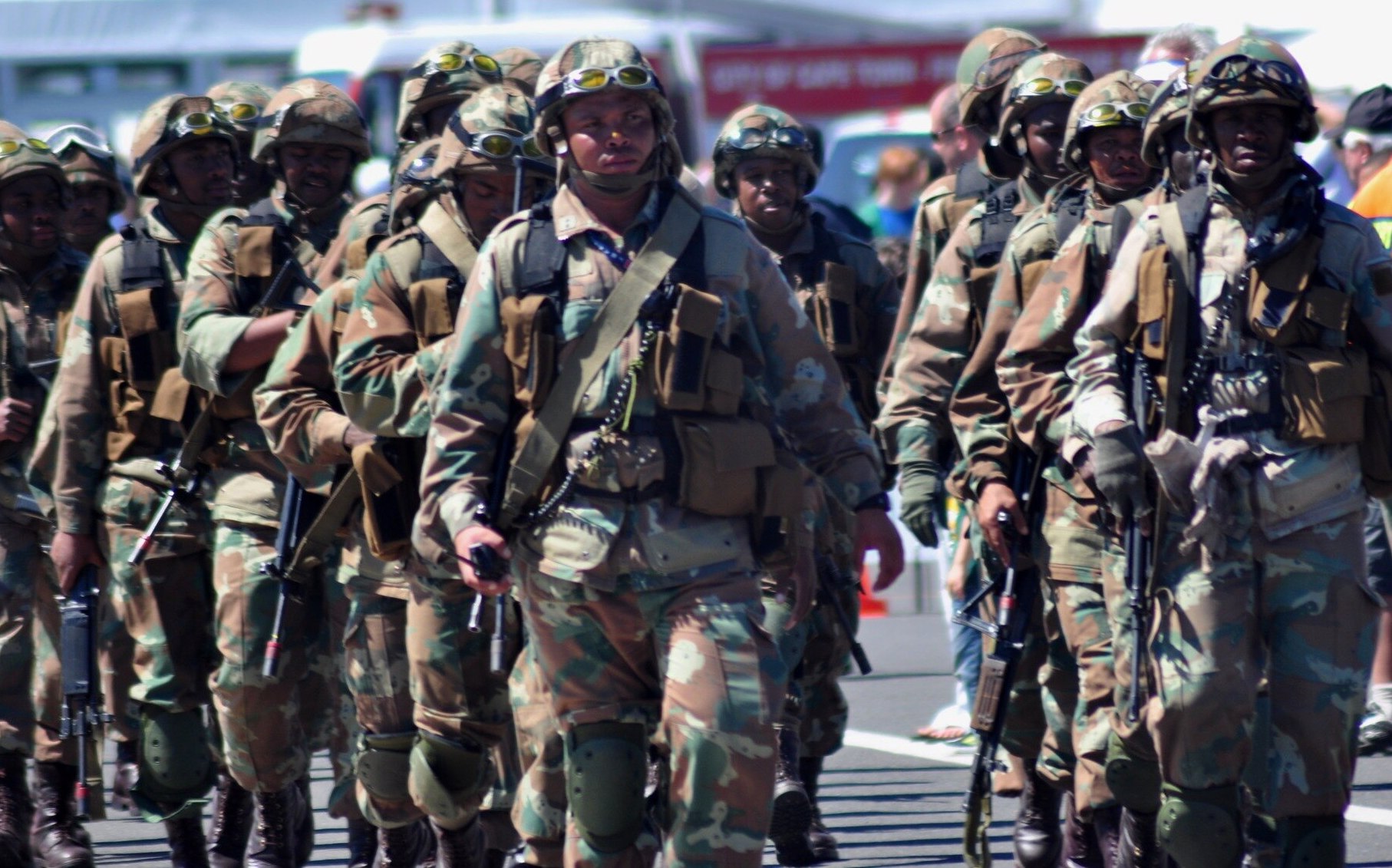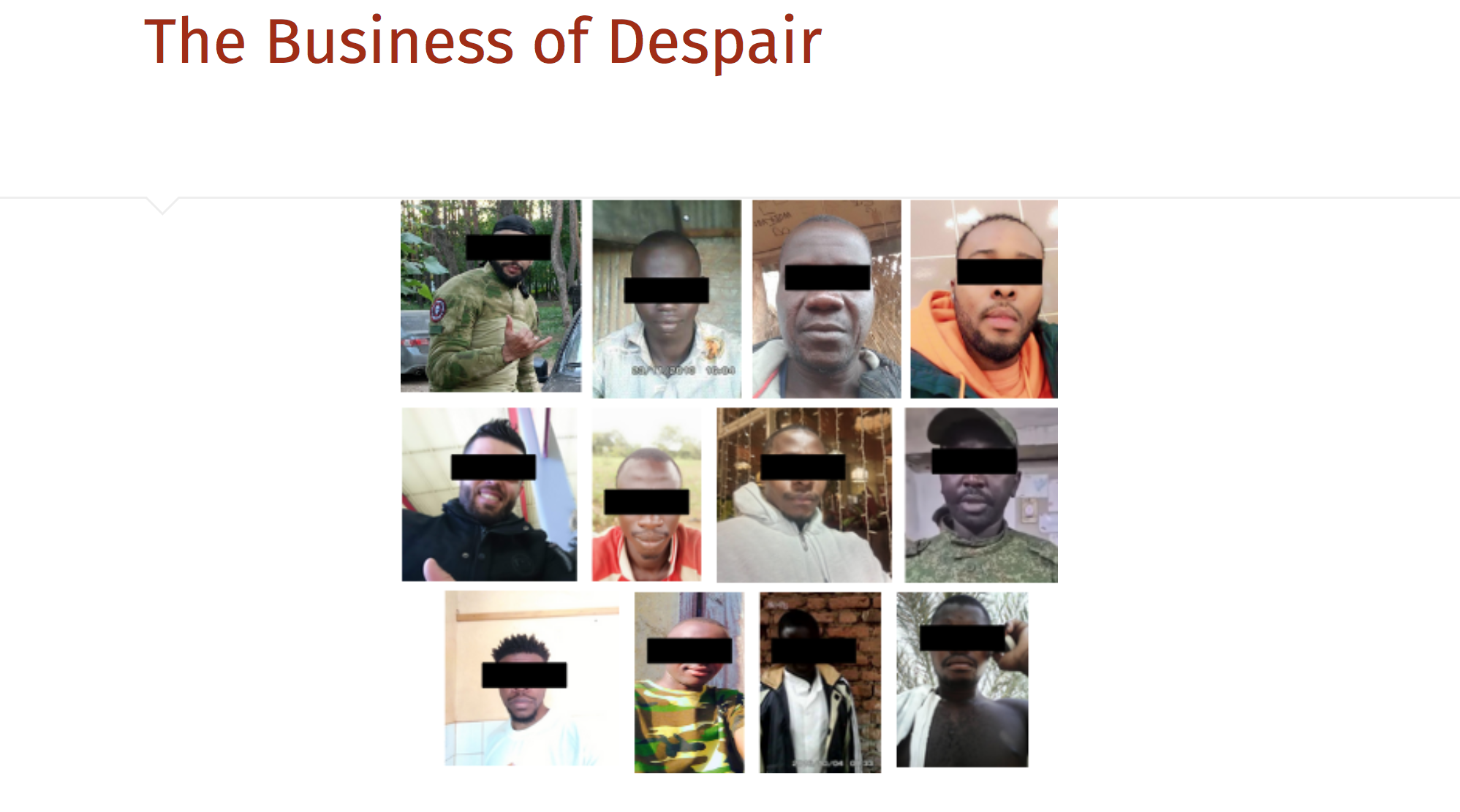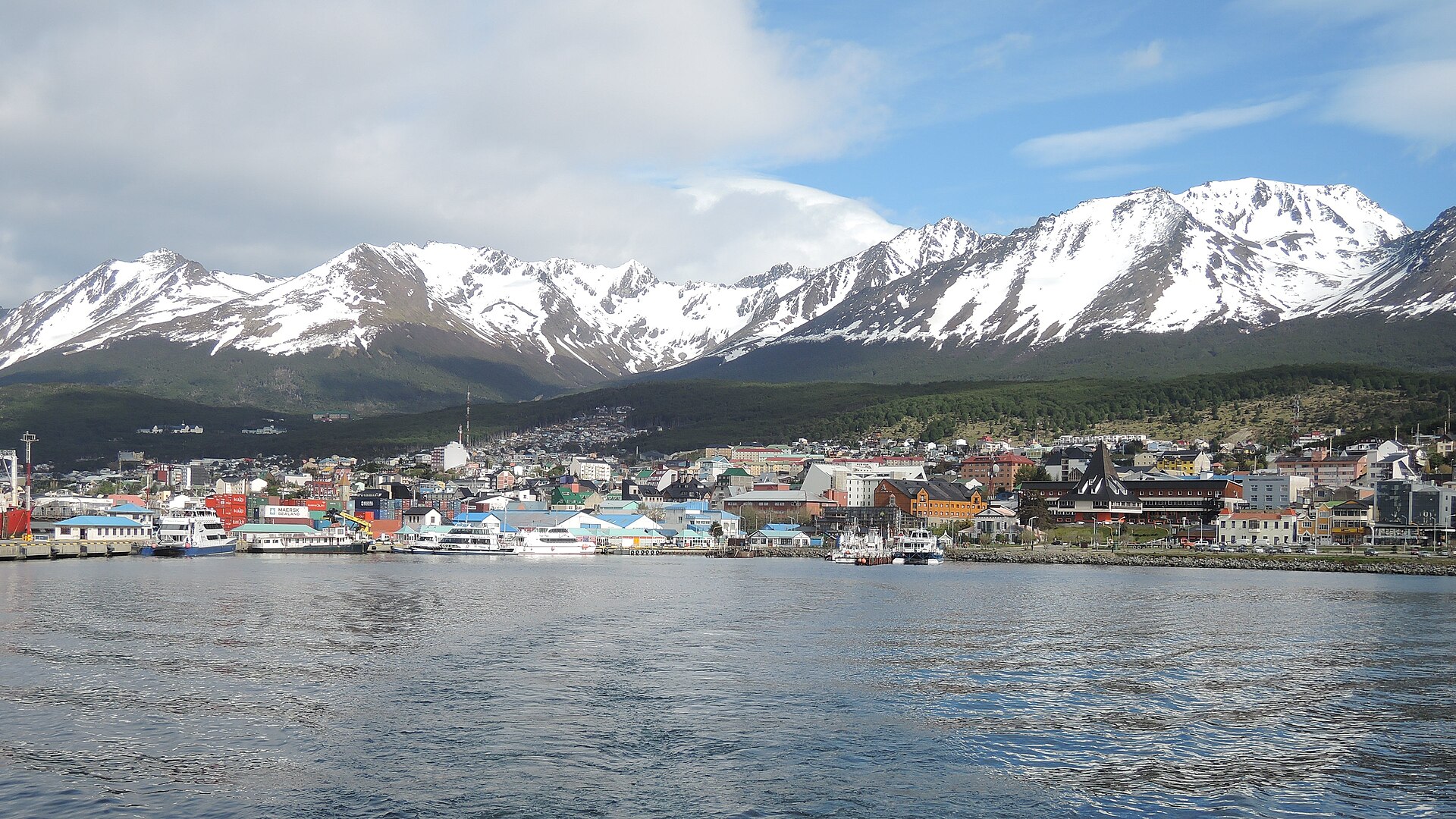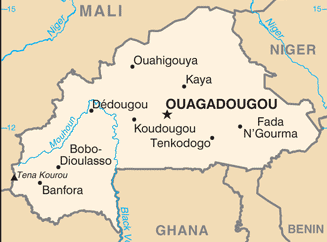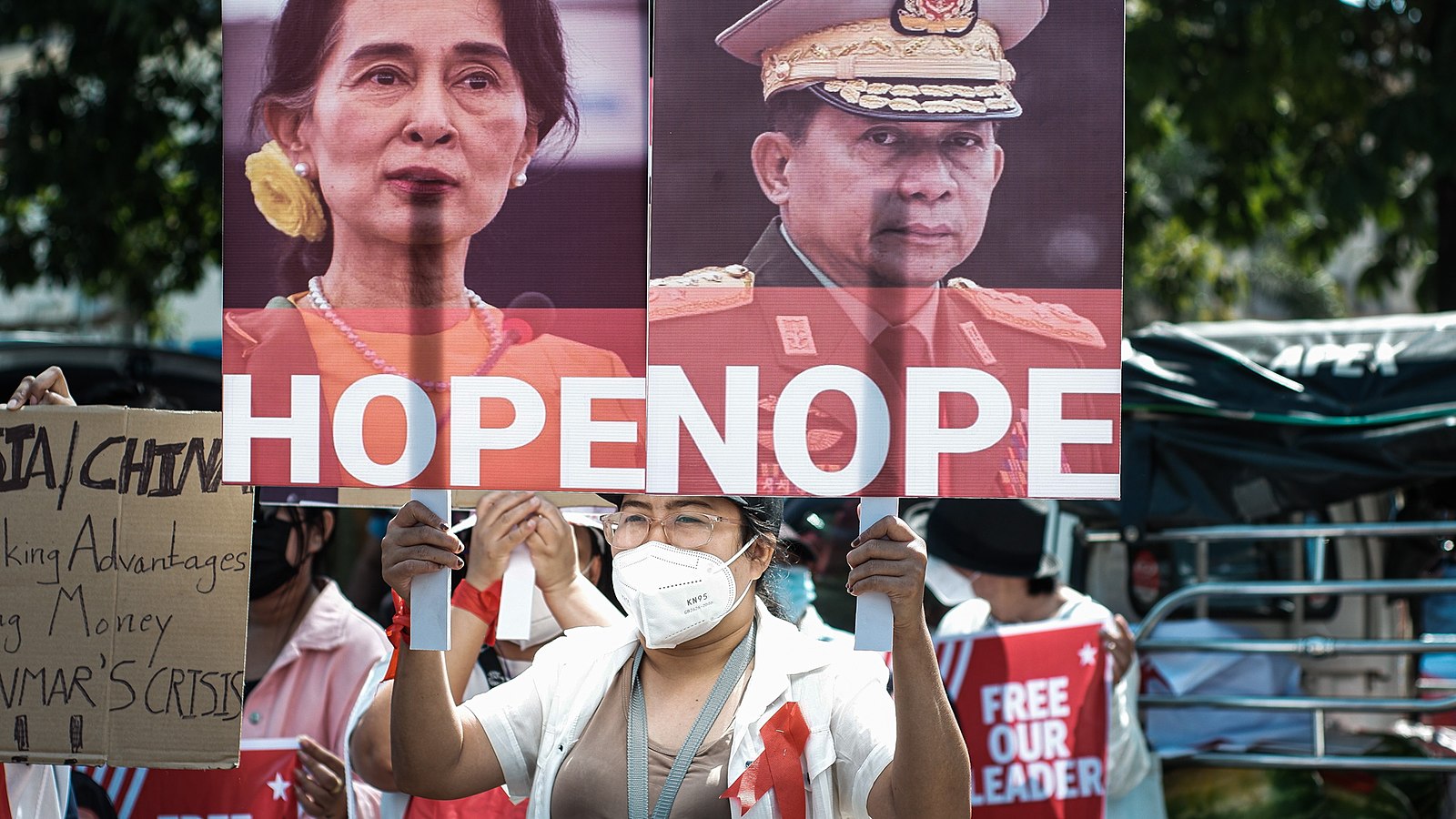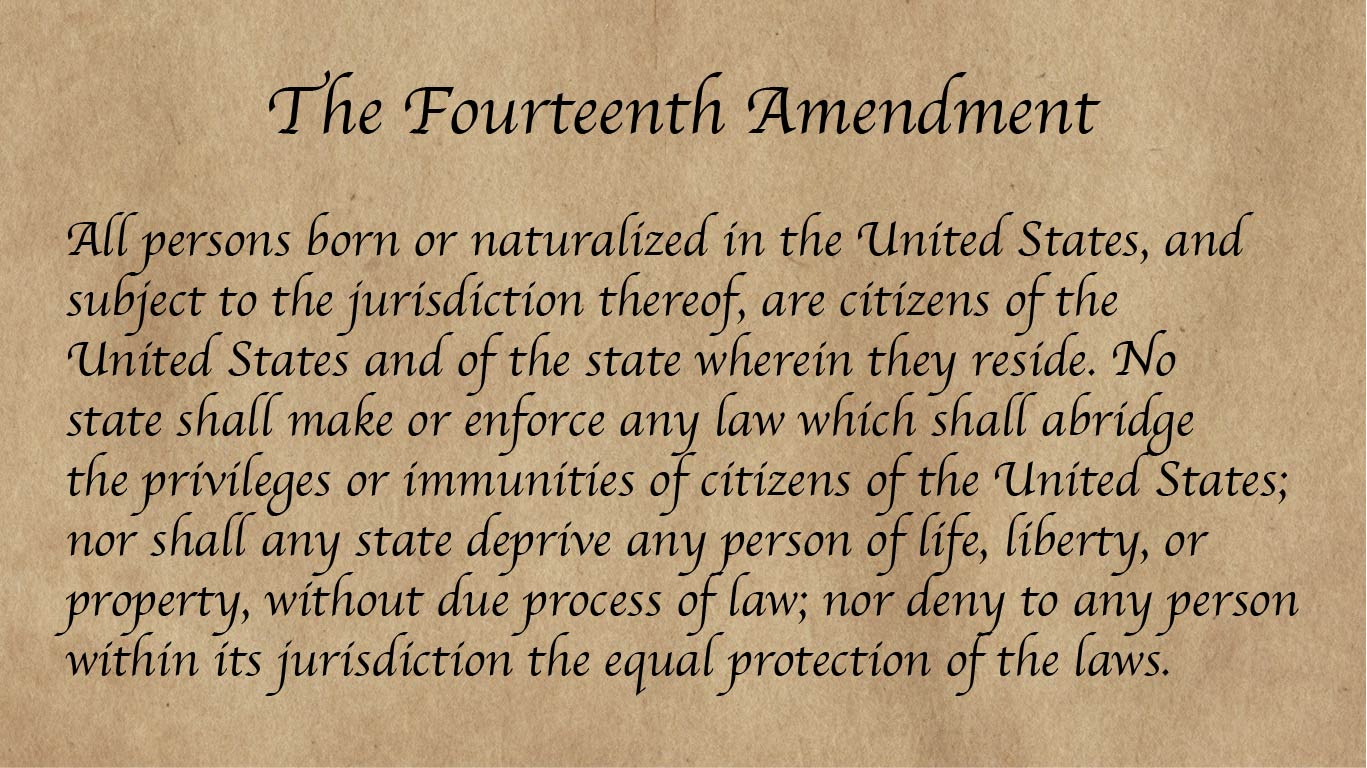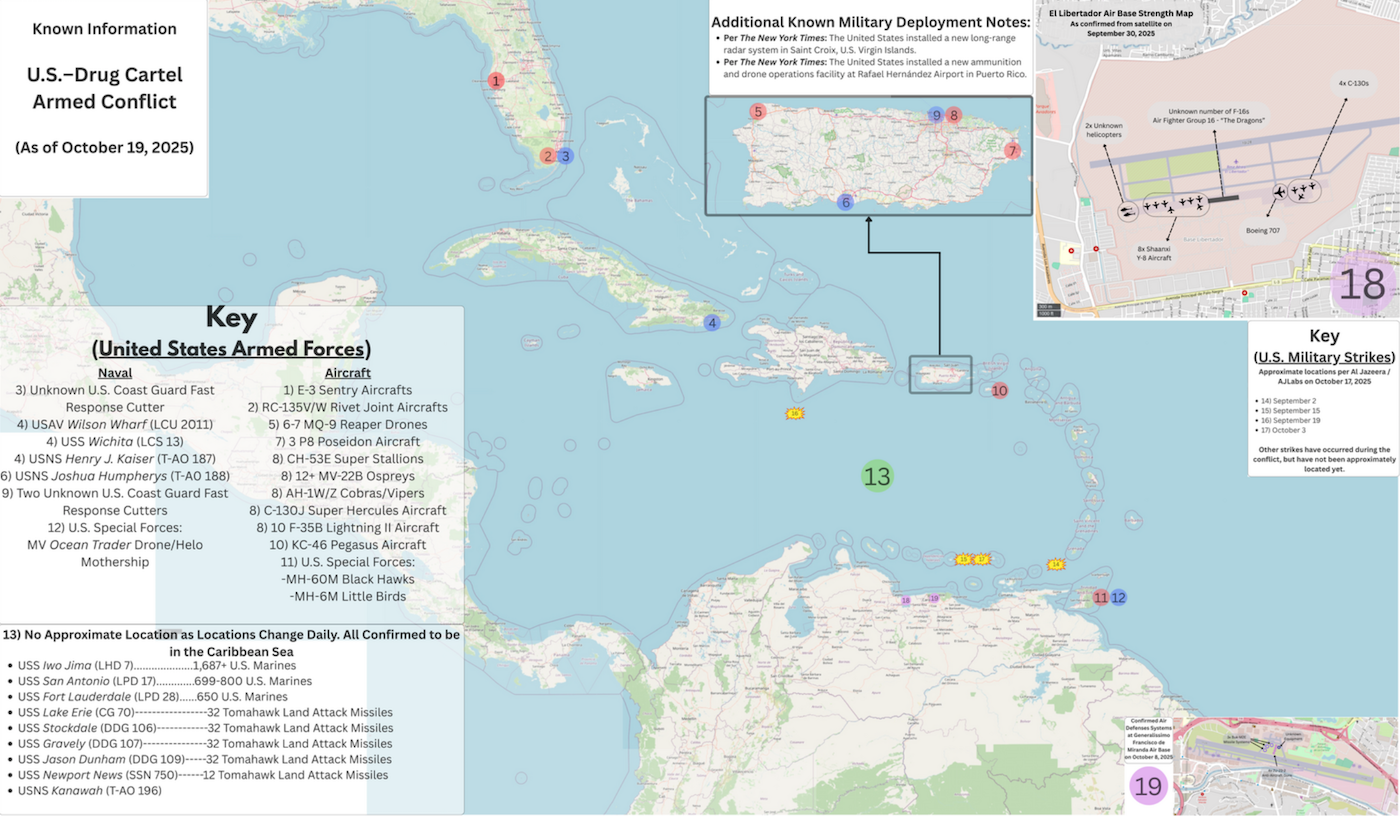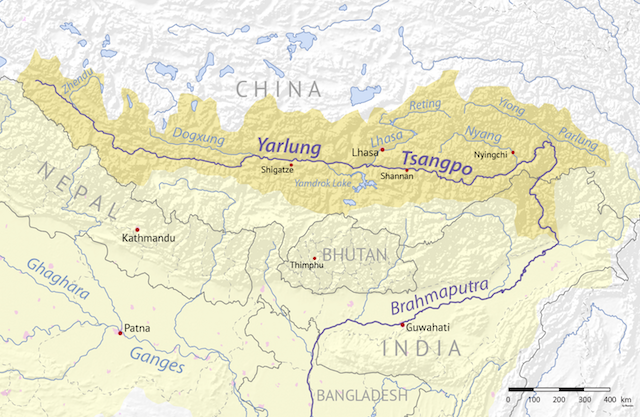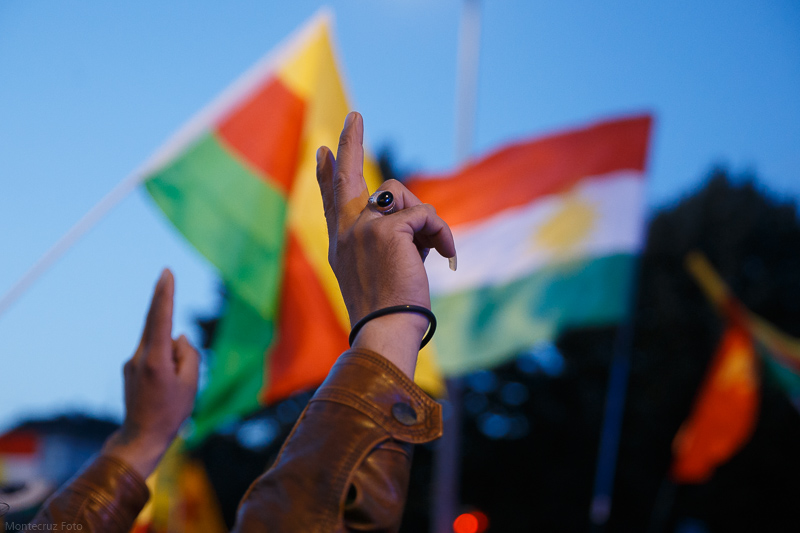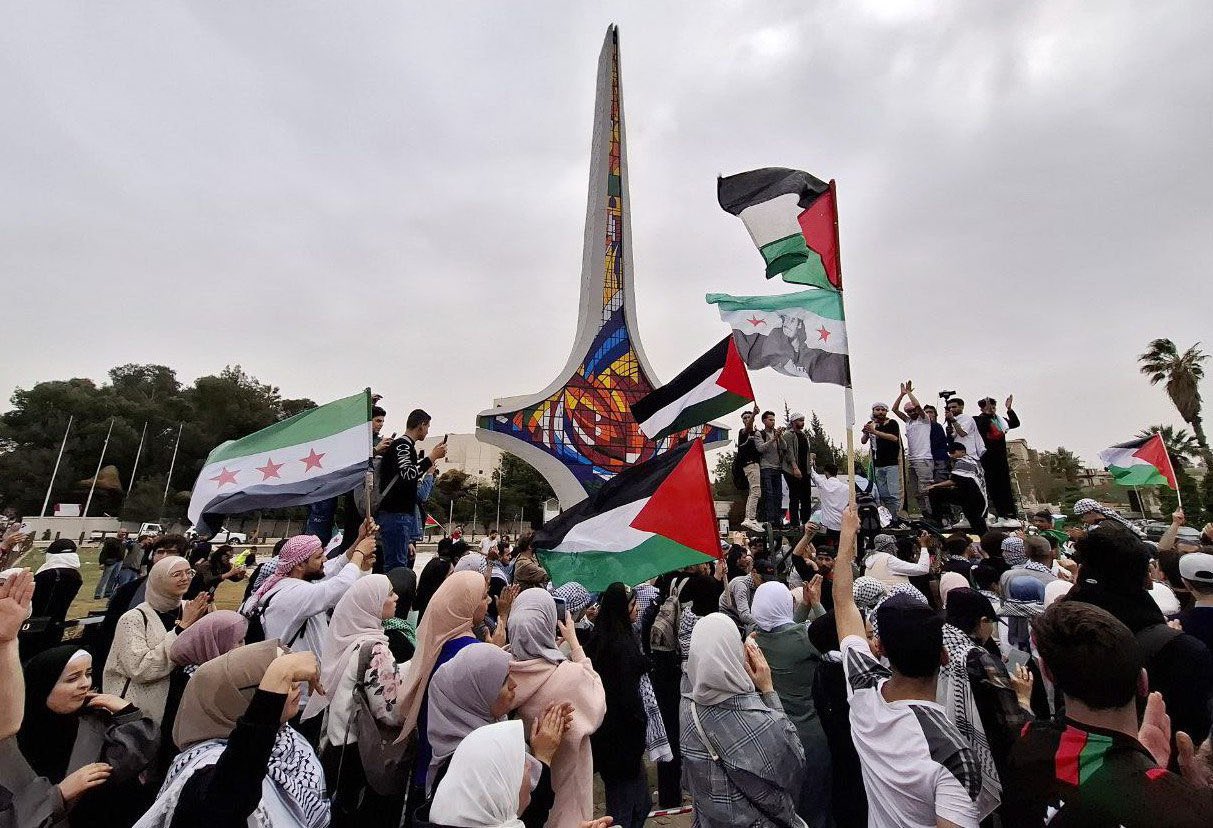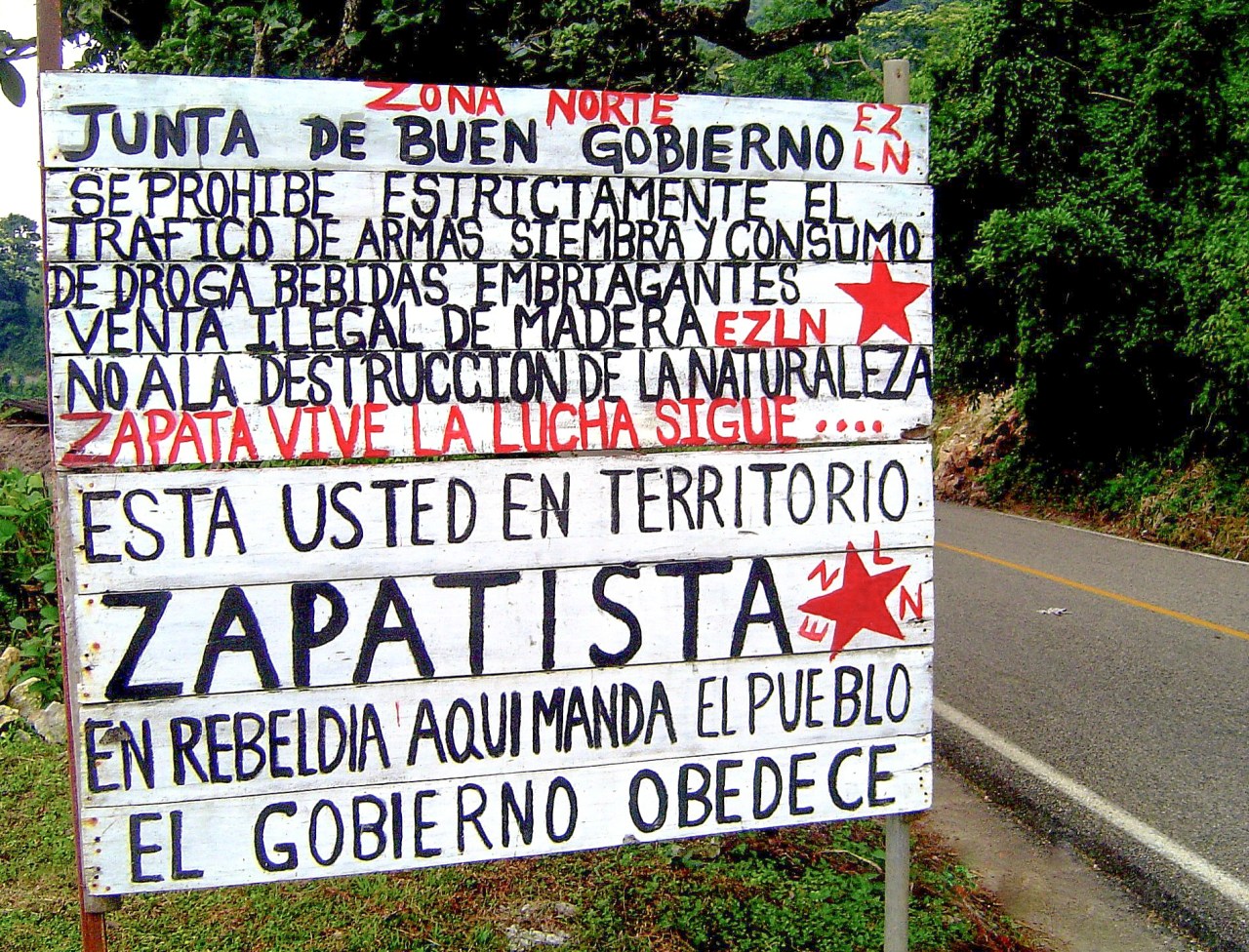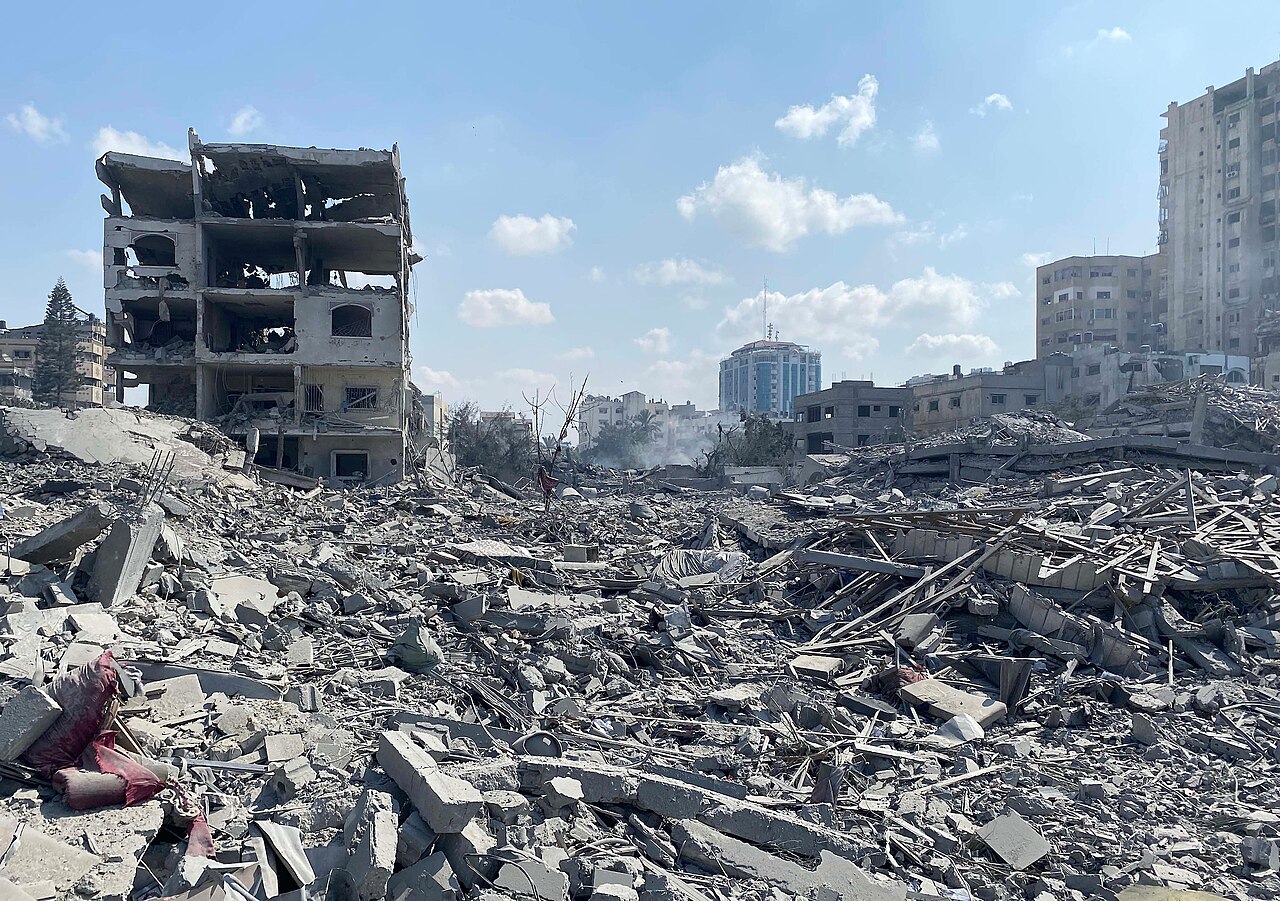
Amnesty International pressures EU on ‘Board of Peace’
EU foreign ministers must use their upcoming meeting with Nikolai Mladenov, director-general of the “Board of Peace” and “High Representative” for Gaza, to ensure that Palestinians’ rights are among the board’s highest priorities, Amnesty International urged in a statement—while assailing the legitimacy of new Trump-led body itself. “The ‘Board of Peace’ is a dangerous assault on international law, a mechanism designed to bypass the UN, weaken international justice institutions, and entrench the power dynamics that have long enabled Israel’s unlawful occupation, apartheid, and ongoing genocide in Gaza,” said Erika Guevara-Rosas, senior director for research and advocacy at Amnesty International. (Photo: WAFA via WikimediaCommons)



